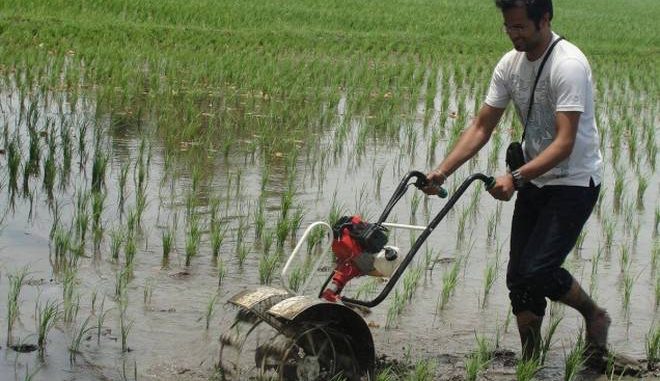
New Delhi: Youth in rural India are often forced to work in their family farms, but they prefer joining the army or becoming engineers, teachers or nurses, found a survey released last week.
A large number of rural youth in the 14-18 year age group, about 42%, were working irrespective of their school enrolment status and among these, 79% were employed in the agriculture sector, showed the Annual Status of Education Report (Aser) 2017 released by the non-profit Pratham.
This means about a third of the over 30,000 rural youth from 28 states who were surveyed worked in the agriculture sector, mostly in their family farms (72% of those who were working).
However, the survey also showed that just 1.2% aspired to be a farmer. While 18% of the boys wanted to join the army or the police, 12% wanted to be engineers. Young girls preferred teaching (25%) or working as a doctor or a nurse (18%). About 13% of the boys and 9% of the girls surveyed also said that ‘any government job’ is preferable.
The survey results come at a time when farmer protests have rocked several states with demands of better crop prices and loan waivers. Average growth rate in agriculture between 2014-15 and 2017-18 was less than 2% per year, showed government estimates, leading to lower returns from farming.
“The percentage of students in agricultural or veterinary courses around India amounts to less than half a percent of all undergraduate enrolment,” wrote Madhav Chavan, founder of Pratham in the survey report, adding, “although the percentage of population working in agriculture and related areas has now reduced to about 50%, it is an area that could use a more educated and trained workforce considering that productivity lags far behind world’s leading nations.”
Commenting on the abysmal numbers among youth who wanted to continue in farming, Chavan also wrote that “mechanised or scientifically supported high yield agriculture, horticulture, animal husbandry, fisheries and the allied processing industry will be able to generate a cycle of demand, market, profits and potentially aspirations in the near future.”
The youth are not interested to continue as farmers due to the falling profitability and incomes in agriculture, said Yogendra Yadav, farm activist and national president of the political party Swaraj India.
“While the lowest central government job pays Rs22,000 a month, income of a farm household from agriculture is about Rs3,800 per month… who will want to be in an occupation which requires back-breaking work without any dignity or income,” Yadav said. “While well-off large land owning farmers are educating their children to find a job outside agriculture, a small farmer would even prefer a job of a peon in a government office.”
“Across the country, as returns to farming have dipped, rural families also prefer not to marry their daughter into a family where farming is the main source of income,” Yadav said.
Government data corroborates this. According to NSSO’s last Situation Assessment Survey of agricultural households, the average monthly income of a farm household in India was just Rs6,426 per month in 2013 out of which the share of cultivation and livestock was just Rs3,844—implying 40% of incomes earned by agricultural households were due to non-farm sources.
Further, a 2014 survey released by the Delhi-based Centre for the Study of Developing Societies also showed that about 60% of farmers were ready to quit farming for a better job in the city. “When asked whether they would like to see their children engaging in farming only 18 % responded positively,” said the report titled State of Indian Farmers.
Source: Livemint

Leave a Reply